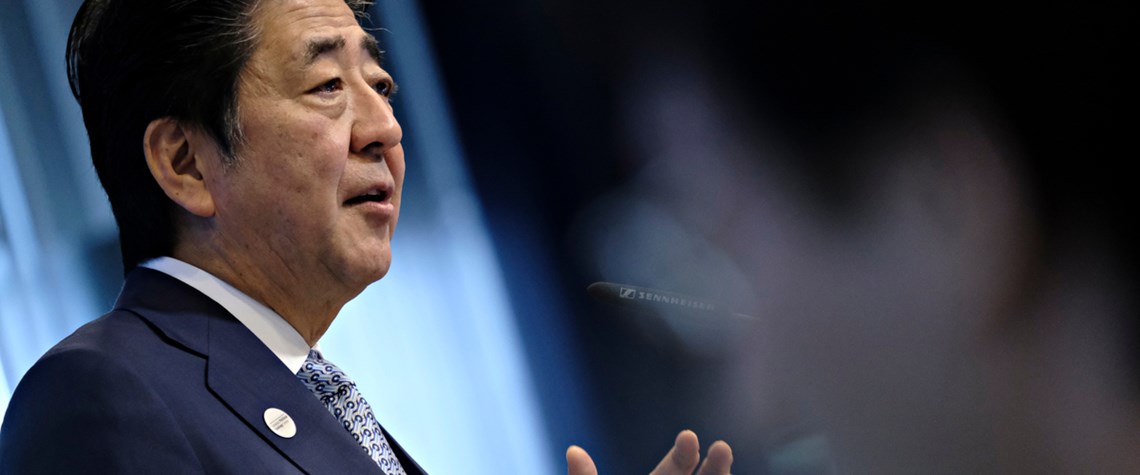Japan wastes chance for energy rethink
The end of the Abe era is unlikely to lead the country to increase its unambitious target for renewables
Moves by Japan’s ruling Liberal Democratic Party (LDP) elite—in choosing a replacement for outgoing prime minister Shinzo Abe—to favour the voices of party lawmakers over rank and file members mean that a rare chance for a radical energy policy rethink is being lost. Abe’s chosen successor will complete the country’s longest serving prime minister’s curtailed term of office, which runs until September 2021. In normal circumstances, party lawmakers and rank and file members would have equal numbers of votes to make that choice. But Abe’s decision to resign due to ill health is being used to justify a reweighting of influence. The election process that starts on 8 September gives 394 votes to

Also in this section
17 February 2026
The 25th WPC Energy Congress, taking place in Riyadh, Saudi Arabia from 26–30 April 2026, will bring together leaders from the political, industrial, financial and technology sectors under the unifying theme “Pathways to an Energy Future for All”
17 February 2026
Siemens Energy has been active in the Kingdom for nearly a century, evolving over that time from a project-based foreign supplier to a locally operating multi-national company with its own domestic supply chain and workforce
17 February 2026
Eni’s chief operating officer for global natural resources, Guido Brusco, takes stock of the company’s key achievements over the past year, and what differentiates its strategy from those of its peers in the LNG sector and beyond
16 February 2026
As the third wave of global LNG arrives, Wood Mackenzie’s director for Europe gas and LNG, Tom Marzec-Manser, discusses with Petroleum Economist the outlook for Europe’s gas market in 2026







